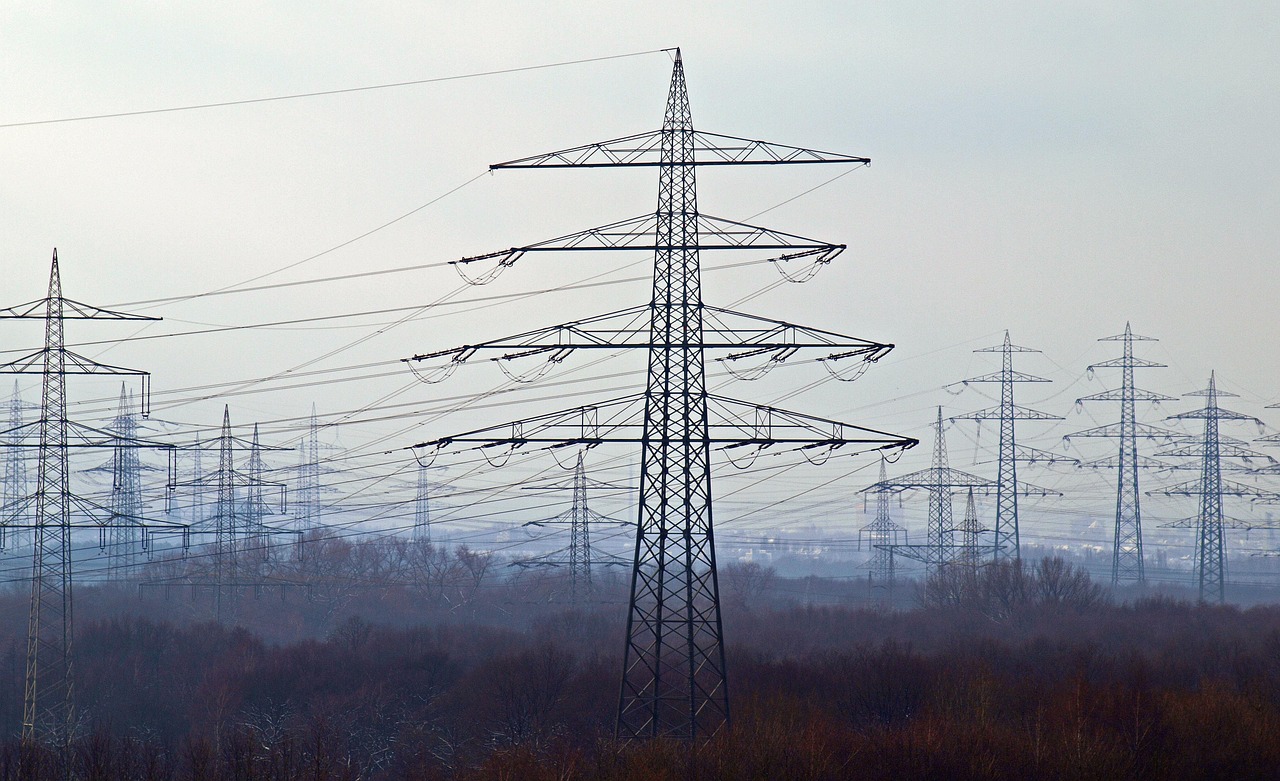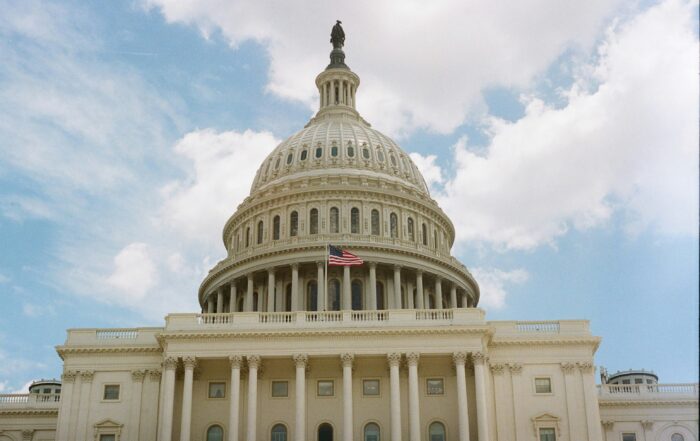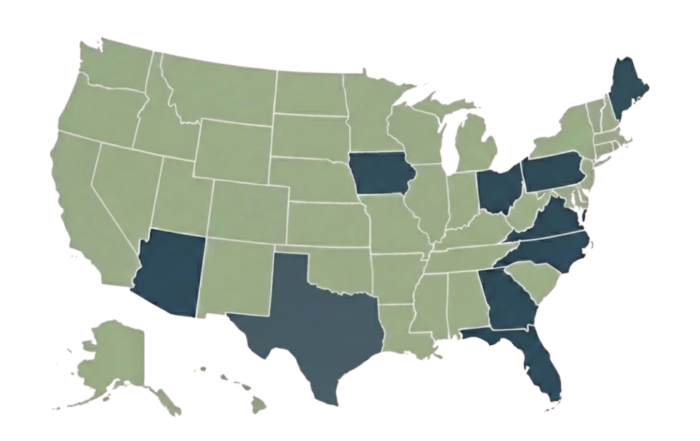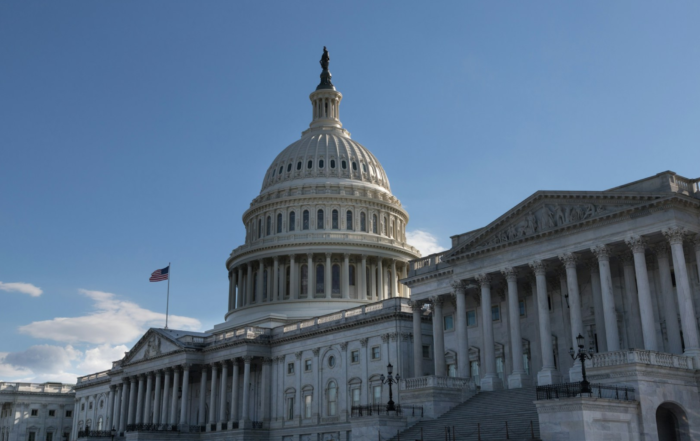
Chris Moyer
Founder & President
Grid Operator PJM—a “Little-Known Entity”—May Soon Be a Household Name
By Chris Moyer
Here’s a line you’ll be reading often in the years ahead:
“PJM did not immediately return a request for comment on [candidate name’s] policy announcement.”
Anyone wondering what role rising utility bills will play in the midterms should look no further than New Jersey, where voters will choose their next governor in just 10 weeks.
Energy costs have surged to the forefront of the debate in New Jersey. Garden State families have seen rates climb 20% this year—roughly $140 annually per household—with more hikes projected next summer.
Democratic nominee Mikie Sherrill has zeroed in on the culprit: PJM, the grid operator for the state.
“It’s because of PJM. That’s this little-known entity that controls the grid, our electric grid, our power supply,” she said last month. “PJM has really screwed up this market and not allowed more power to come into the grid. In fact, there are a lot of power providers, 90% of them green power providers, that are just waiting to get hooked up to the grid to start providing that power. And it’s taken them years to get the approval. And PJM simply has not gotten them on the grid.
“I’m going to crack down on PJM.”
Sherrill Would Freeze Utility Bills
On Wednesday, Sherrill rolled out her plan: freezing utility bills in her first year, suing PJM, and demanding greater transparency, among other actions. She also tied looming rate hikes to Donald Trump:
“Donald Trump’s tax hike bill will increase costs by an additional $220 per year by cancelling cheap and clean generation and energy efficiency programs.”
Strategically, the attacks make sense. Candidates always need a villain, and it can’t be Trump alone every time if you’re trying to attract Republican voters. For Sherrill, there’s little downside in targeting a faceless, technical grid operator most voters have never heard of.
Strategy Could Be Replicated Across the Country
New Jersey campaigns often serve as test cases for the following year’s midterms. If Sherrill wins—and polling shows her message on bills and PJM sticks—expect candidates across the country to adopt the same playbook, putting other utilities and grid operators in the spotlight.
After all, rising rates aren’t isolated to one region. According to the nonpartisan PowerLines, “total requested and approved rate increases for the first half of 2025 [was] approximately $29 billion,” spread out across the country.
Issue Could Be Prominent in 2028 Presidential Primary
And the fight won’t stop in 2026. By 2027, expect utility bills to dominate the presidential primary trail. No one is better positioned than Pennsylvania Governor Josh Shapiro, who won headlines for suing PJM to stop price hikes. His message writes itself:
“I fought the grid operator and won—saving residents $21 billion in utility costs.”
That line will sound awfully good in New Hampshire, Nevada, South Carolina, and other early primary states. By the general election, if the GOP nominee—say, Vice President JD Vance—voted for the One Big Beautiful Bill, they’ll face tough questions about fueling rate hikes for millions of households.
PJM and its counterparts should brace themselves: the political heat is only going to rise.
Check out our recent insights and conversations:
Sign up for our newsletter
Receive updates on our work, industry news, and more.




